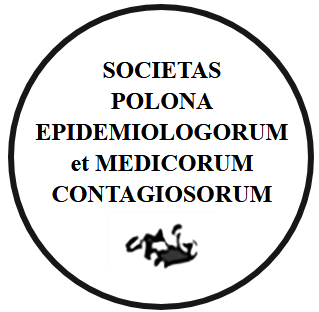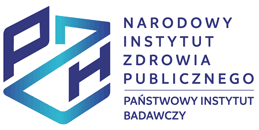BACKGROUND AND AIM. The aim of this study was to investigate the status of anxiety, quality of work life, and fatigue of healthe care providers in six educational and medical centers of Shahrekord University of Medical Sciences in the southwest of Iran in the Covid-19 pandemic.
MATERIALS AND METHODS. The present study was a cross-sectional study and included the statistical population of healthcare providers in six educational and medical centers of Shahrekord University of Medical Sciences in the southwest of Iran. Using random sampling method, 181 people who had direct involvement with patients with Covid-19 were selected and compared with 261 staff in other wards who had no direct contact with patients with Covid-19. For data collection, demographic information (demographic characteristics questionnaire), Covid-19 Anxiety Questionnaire, quality of work life and Rhoten fatigue questionnaires were used by self-administered online questionnaires.
RESULTS. The results showed that the quality of life in both groups decreased and fatigue and anxiety caused by Covid-19 increased, but there was no statistically significant difference between anxiety derived fatigues of personnel involved with Covid-19 with personnel of other wards which were no directly faced Covid-19 patients.
Regarding the quality of work life, no significant difference was observed in other components except in the component of human resource development. The results also showed that there was a statistically significant relationship between the level of anxiety caused by Covid-19 with quality of work life and fatigue.
CONCLUSION. According to the results of the present study, Covid-19 had a negative effect on physical, mental and various aspects of quality of life of health care staff and led to increased fatigue.
You can change cookies settings in your browser. Restricted use of cookies in the browser configuration may affect some functionalities of the website.




